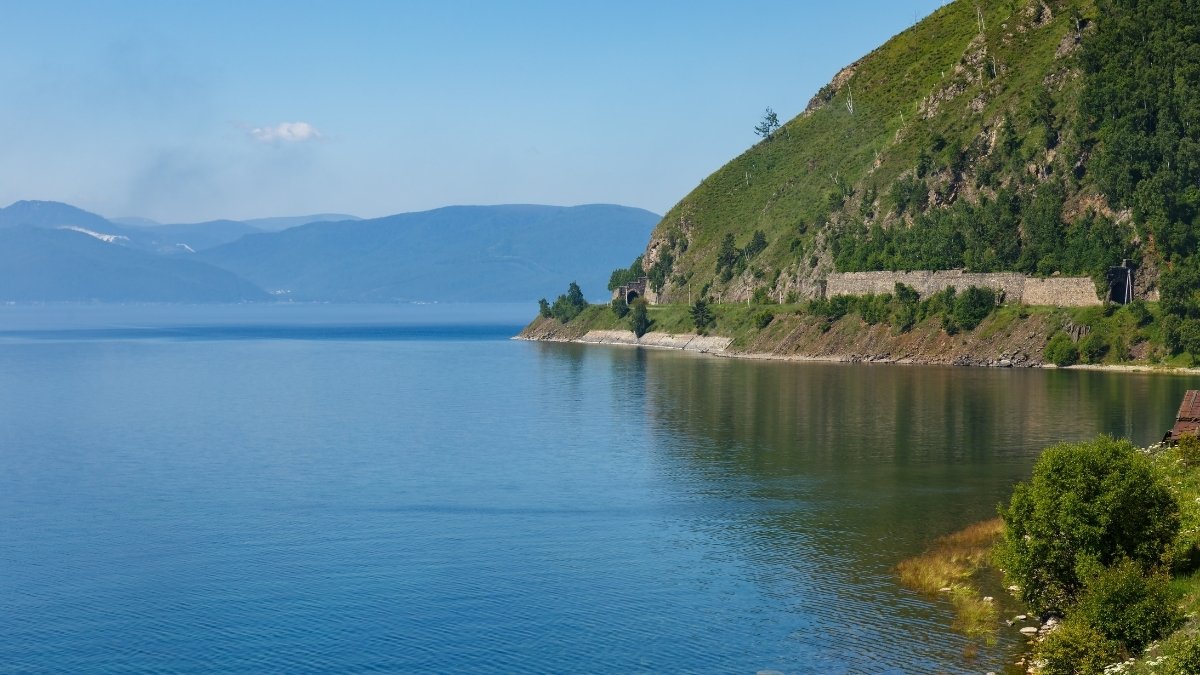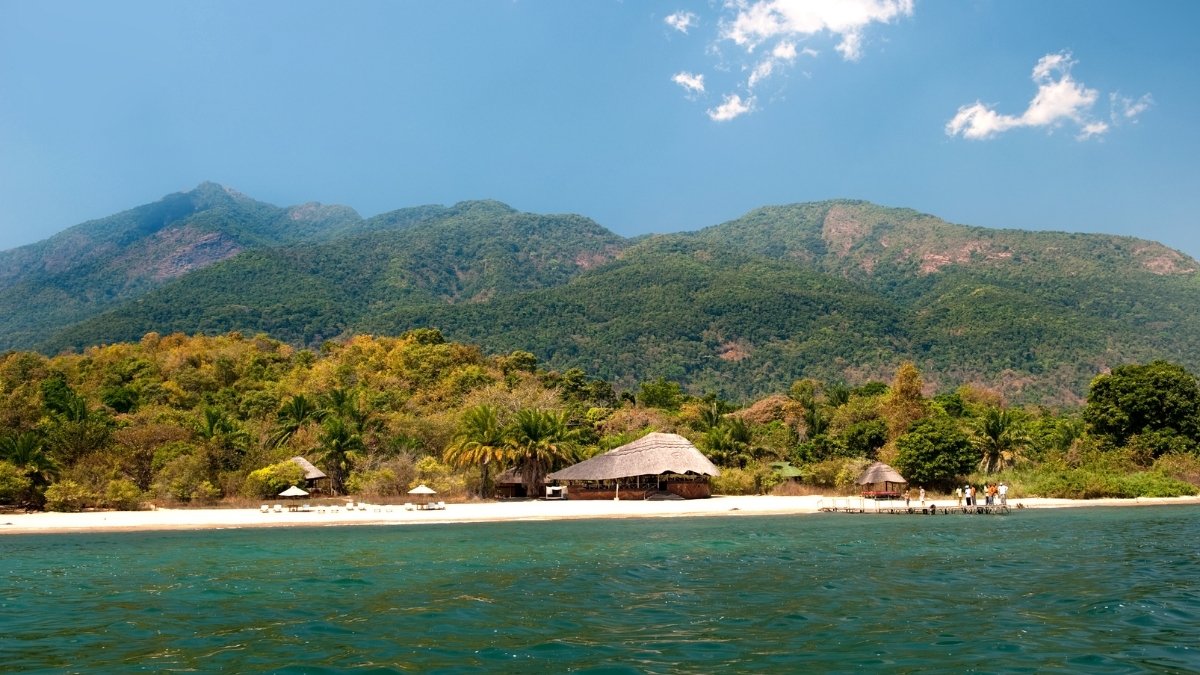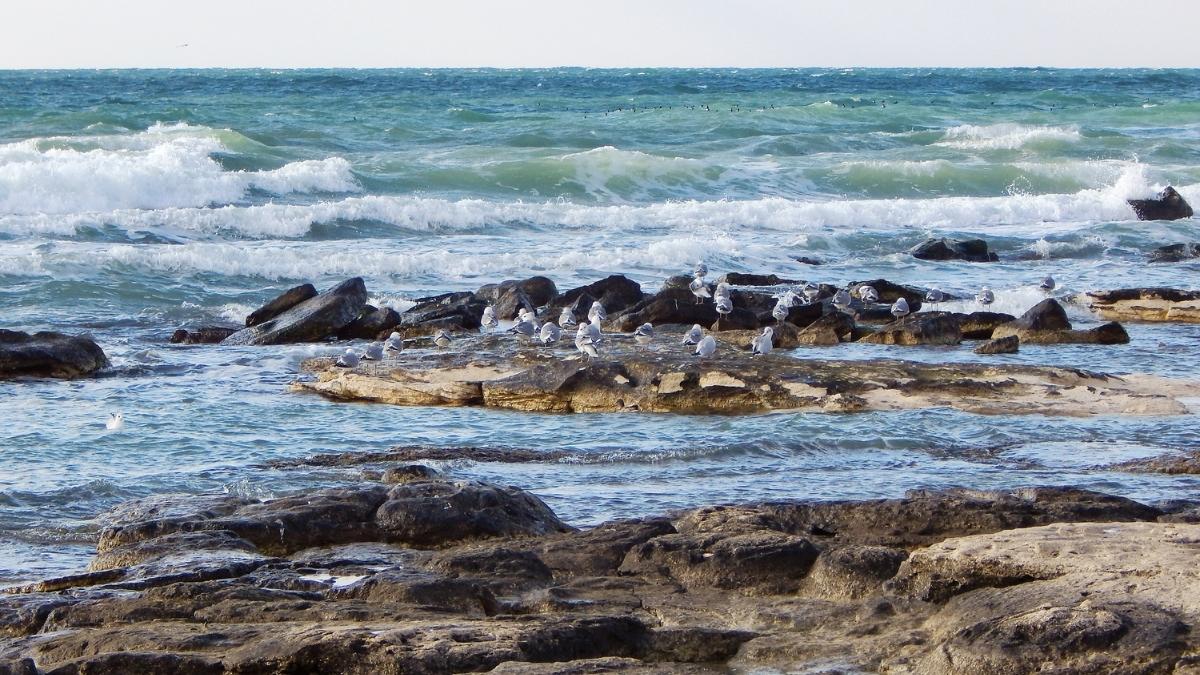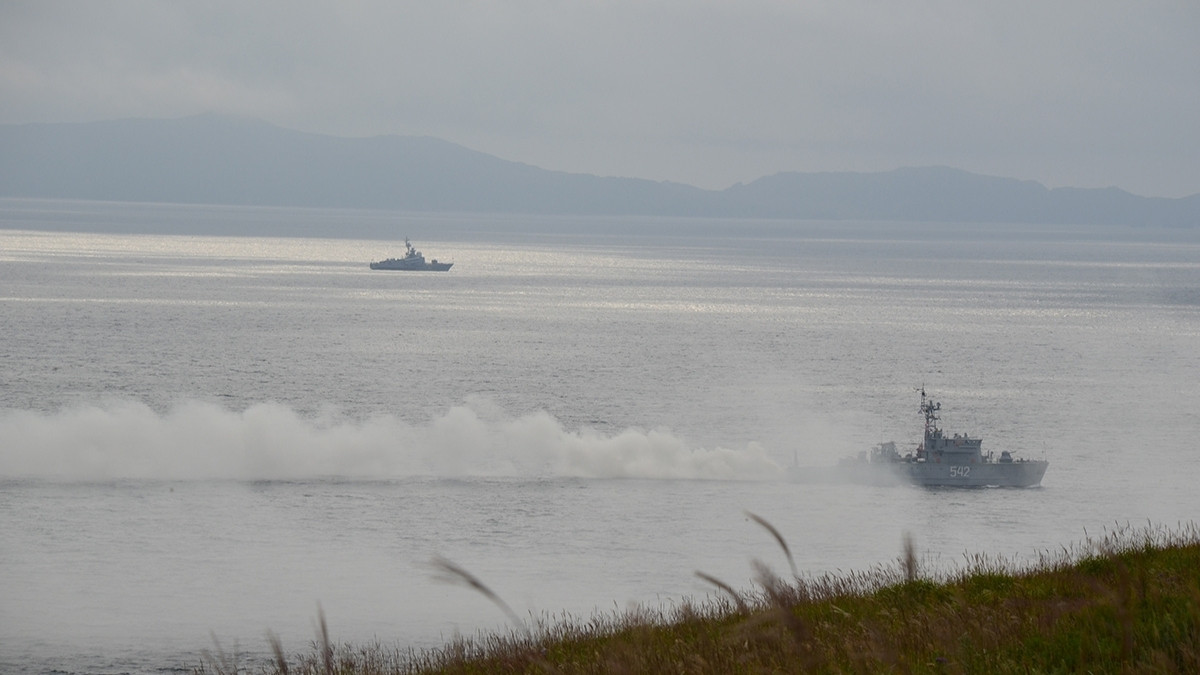Deepest lakes in the world: A new exploration takes us from the Siberian wilderness to the heart of Africa, where we learn about the amazing depths and secrets of the world's deepest bodies of water. Scientists are using advanced sonar technology and deep-water submersibles to map these huge bodies of water. This is revealing unique ecosystems and ancient life forms that people have never seen before. It's more important than ever to learn about the world's deepest lakes, which hold a lot of our freshwater, because climate change is affecting even the most remote places. ThiO'Higgins-San Martín Lakes list takes you to the world's deepest lakes, where you can see how big they are and how fragile the plants and animals that live there are.
Which are the Deepest Lakes in the World?
It's easier to understand how big these lakes are if you can picture how deep they are. Imagine stacking some of the world's tallest buildings or natural landmarks in them—you'd still be far from reaching the surface! Here is a table with a brief description of each of the five deepest lakes on Earth.
| Rank | Name of Deepest Lake | Location | Maximum Depth |
| 1 | Lake Baikal | Russia | 1,642 m (5,387 ft) |
| 2 | Lake Tanganyika | Tanzania, DR Congo, Burundi, Zambia | 1,470 m (4,823 ft) |
| 3 | Caspian Sea | Russia, Iran, Kazakhstan, Turkmenistan, Azerbaijan | 1,025 m (3,363 ft) |
| 4 | Lake Vostok | Antarctica | 900 m (2,950 ft) |
| 5 | O'Higgins-San Martín Lake | Chile & Argentina | 836 m (2,742 ft) |
1. Lake Baikal, Russia

Lake Baikal in Russia is the world's largest natural wonder and holds the record for the most. It is not only the world's deepest lake at a depth of 1,642 meters (5,387 ft), but it is also the world's largest freshwater lake by volume, holding an amazing 22–25% of the world's total unfrozen freshwater. Because it is so old and isolated, it has a unique ecosystem with thousands of species that are only found there and nowhere else on Earth.
2. Lake Tanganyika, Africa

At 1,470 meters (4,823 feet), Lake Tanganyika is the second-deepest lake in the world. It is in the Great Rift Valley and crosses four countries. It has a lot of different plants and animals, and is the longest freshwater lake in the world. Its great depth and ancient origin have made it a key place to study how species have changed over time, especially its cichlid fish population, which has more than 250 known endemic species.
3. Caspian Sea, Eurasia

Often mistaken for a sea, the Caspian Sea is the world's largest inland lake by surface area and ranks third in depth. This big saltwater lake is the last piece of an old ocean, and its deepest point is 1,025 meters (3,363 feet). Five countries share a border with it, and its unique ecosystem is home to many different kinds of animals, including the endangered Caspian seal and a lot of sturgeon.
4. Lake Vostok, Antarctica

The fact that Lake Vostok is covered by almost 4 kilometers (2.5 miles) of ice makes it a real mystery. This subglacial lake is the biggest of its kind. Its deepest point is about 900 meters (2,950 feet) deep. It has been cut off from the surface for millions of years, which makes it very interesting to scientists because they might find unique and ancient life forms in its clean, isolated waters.
5. O'Higgins-San Martín Lake, Patagonia

The O'Higgins-San Martín Lake, which is shared by Chile and Argentina, is the fifth-deepest lake in the world, with a depth of 836 meters (2,742 feet). The "rock flour" that makes up the fine sediment around it gives it its unique milky-turquoise color. It is also the deepest lake in the Americas, which shows how strong the glaciers were that carved its fjord-like arms.
These deepest lakes are a great way to see how the Earth's geology has changed over time. Lake Baikal's vast, ancient waters and Lake Vostok's perpetually frozen enigmas are not merely bodies of water; they serve as dynamic archives of Earth's history and biodiversity. It is important for both science and the health of the world's freshwater reserves to keep them safe.
Comments
All Comments (0)
Join the conversation